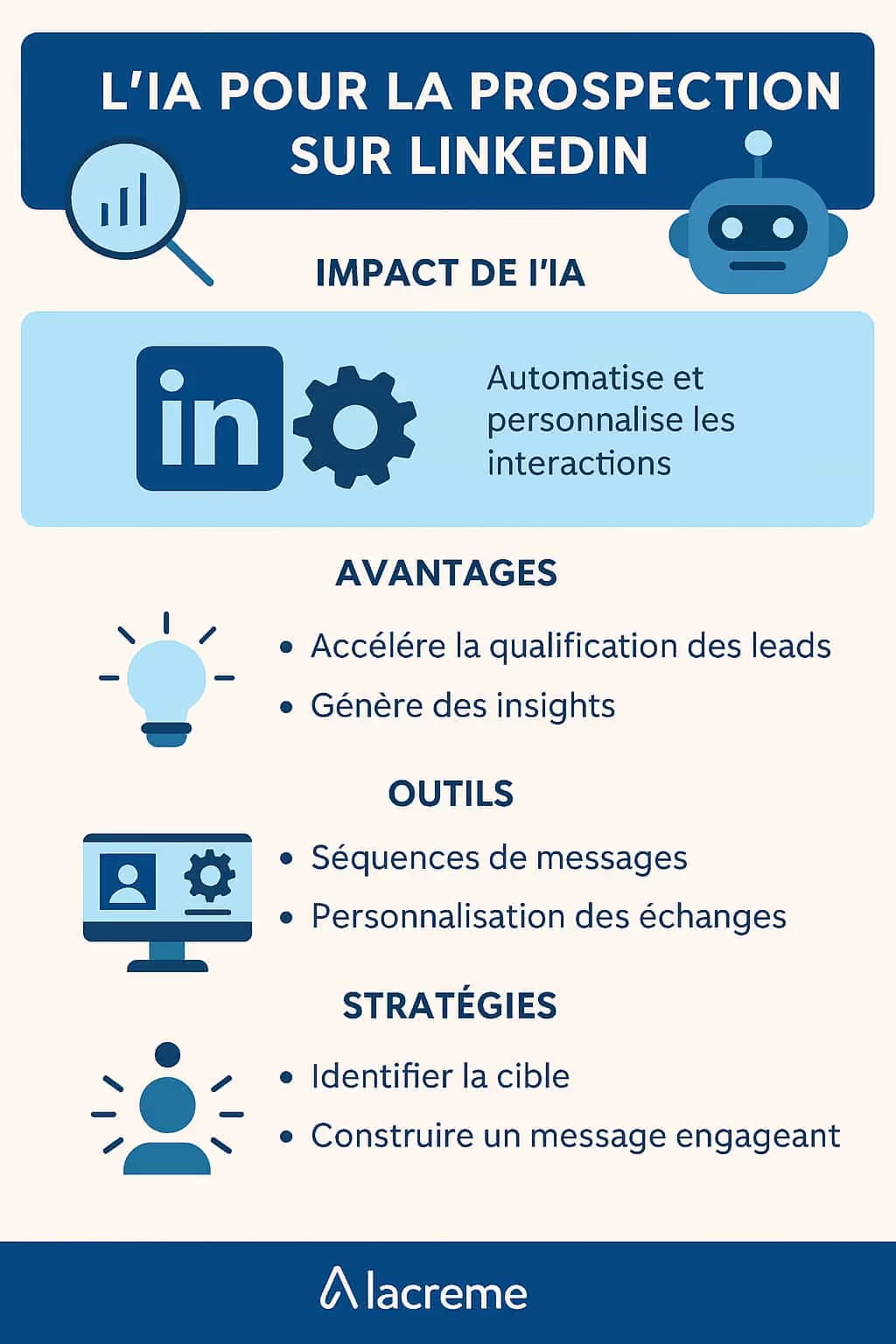The Fundamentals of Artificial Intelligence in Health
Definition and Key Advances
THEartificial intelligence refers to a set of technologies that allow machines to imitate a form of real intelligence. In health, it is mainly manifested by the analysis of data complex medical procedures and their interpretation, but also through clinical decision support and the development of new treatments. Key advancements include machine learning, natural language processing, and convolutional neural networks that are revolutionizing medical imaging and diagnostics.
The Current Health AI Landscape
Today, AI in health is being deployed in hospitals, research laboratories and specialized start-ups. Major technology players like IBM with Watson Health and Google with DeepMind Health are playing a predominant role in this transformation. They are developing solutions to analyze large amounts of health data, which helps professionals diagnose more quickly and accurately.
Applying AI to Medicine: Practical Applications and Case Studies
Precise AI diagnosis
Les AI tools are able to recognize complex patterns in medical data, thus making it possible to diagnose diseases with great precision. For example, computer vision algorithms are used to detect tumors on X-ray images, often with greater accuracy than human radiologists.
Treatment and Follow-up of AI-Assisted Patients
AI isn't just for diagnosis. It is also involved in post-operative treatment and follow-up. AI-based devices can adjust drug doses in real time and monitor patients' health status, allowing personalized monitoring at a distance. Intelligent robots also assist surgeons during operations, increasing precision and reducing the risk of complications.
Improving Care and Predictions with AI
AI and Preventive Medicine
THEartificial intelligence is playing an increasing role in preventive medicine. It makes it possible to model the health risks of a population or an individual, thus facilitating the implementation of personalized prevention programs. For example, predictive algorithms assess the risk of developing certain chronic diseases, such as diabetes, based on patients' health data and lifestyles.
Epidemiological Predictions and Health Resource Management
Managing pandemics such as COVID-19 benefits enormously from predictive AI models, which help anticipate the spread of a virus and optimize the distribution of health resources. AI also makes it easier to monitor epidemics in real time and implement rapid response strategies.
The Impact of AI on Health Professionals
Assistance in Surgical and Operational Processes
AI-assisted robots, like the Da Vinci system, allow surgeons to perform procedures with greater precision and greater control. AI also helps reduce surgeon fatigue and optimizing the planning of operating theatres.
Medical Training and Simulation via Artificial Intelligence
THEmedical education take advantage of intelligent simulators to formulate complex care scenarios, giving students in medicine learning experiences that are very close to reality. These tools allow intensive training without risk for patients.
Ethical and Regulatory Challenges of AI in the Health Sector
Data Protection and Patient Confidentiality
The use of AI in health raises real questions about the protection of data. Medical information is particularly sensitive and requires maximum security to prevent leaks or malicious use. In addition, patients must be informed and consent to the use of their data for algorithm training.
Legal and Ethical Responsibility in the Use of AI in Health
The issue of liability for medical errors involving AI is a complex one. Should it be the responsibility of the algorithm designers, health professionals, or the user institution? The current regulatory framework must evolve to answer these questions and ensure that a use ethics of AI be maintained in the field of health.






